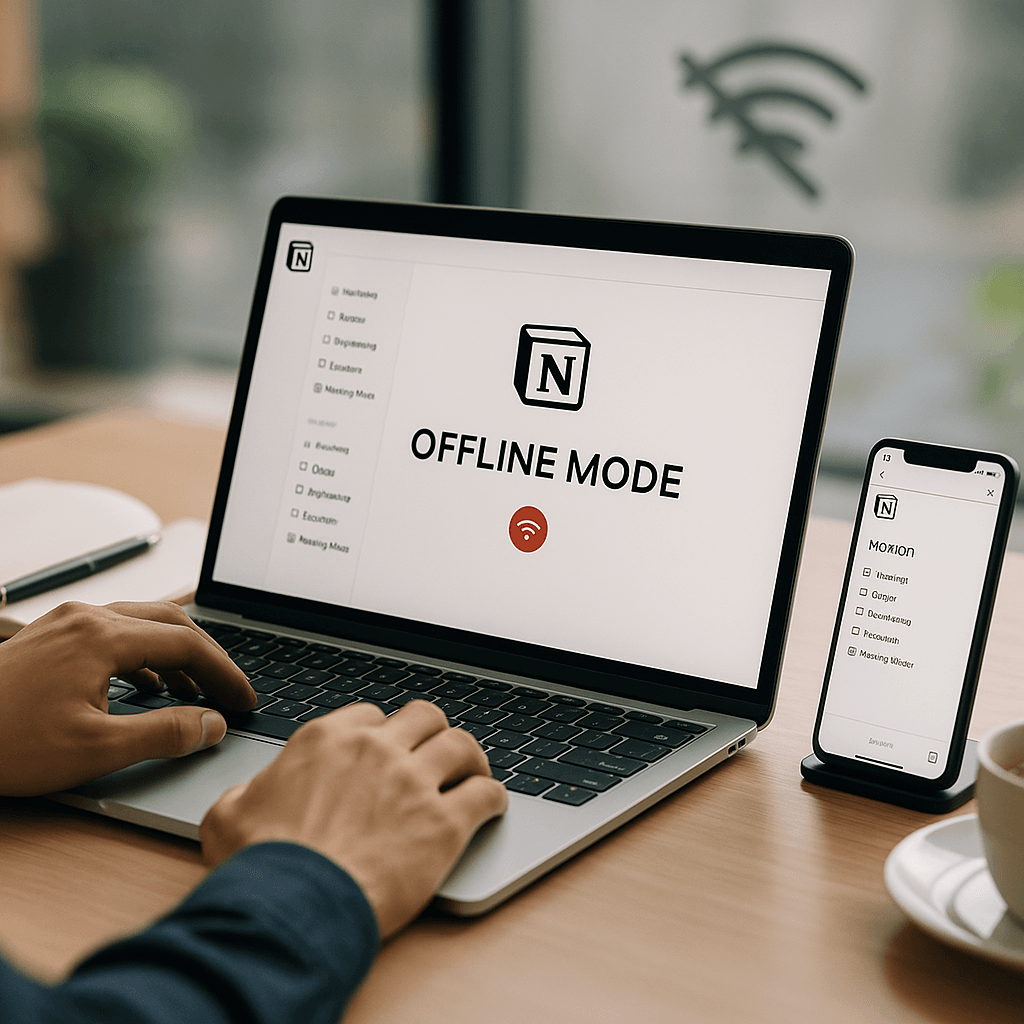Notion just solved its biggest user complaint. The productivity platform launches full offline functionality across desktop and mobile apps today, ending years of frustration for users stuck without internet access. This addresses what CEO Ivan Zhao calls their most requested feature, potentially reshaping how teams work remotely.
Notion just delivered on its most overdue promise. The San Francisco-based productivity company today launched full offline functionality across its desktop and mobile applications, finally solving what users have called their biggest pain point for years. The announcement comes as Notion faces intensifying competition from Microsoft and Google in the enterprise workspace battle.
The timing couldn't be more critical. Notion has built a massive user base around its flexible database-wiki hybrid, but its cloud-first architecture has left users stranded whenever connectivity dropped. "To absolutely nobody's surprise, this is one of the most requested features from users," the company acknowledged in Tuesday's announcement, a rare admission of how long this gap has persisted.
Users can now view, edit, and create documents completely offline across Notion's desktop and mobile apps, with automatic synchronization once internet connection returns. The implementation includes intelligent page downloading, allowing users to pre-cache content for offline access. However, interactive elements like embeds, forms, and buttons remain internet-dependent, reflecting the technical complexity of Notion's block-based architecture.
The rollout favors paying customers significantly. Users on Notion's Plus, Business, or Enterprise plans get automatic downloading of recently viewed and favorite pages, while free users must manually select content for offline access through a new "Offline" settings menu. This tiered approach mirrors strategies from Dropbox and Slack in monetizing premium sync features.
CEO Ivan Zhao revealed the technical challenges that delayed this launch for years in a detailed thread on X. "Notion couldn't ship this feature because the app uses a complex database to store different blocks, and we had to build a conflict resolution mechanism for when multiple people edit documents offline," Zhao explained. This collaborative editing challenge has plagued productivity platforms since pioneered real-time collaboration.

